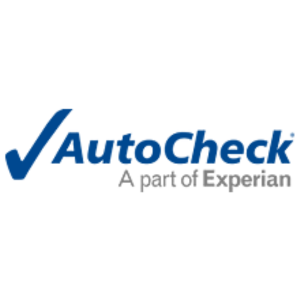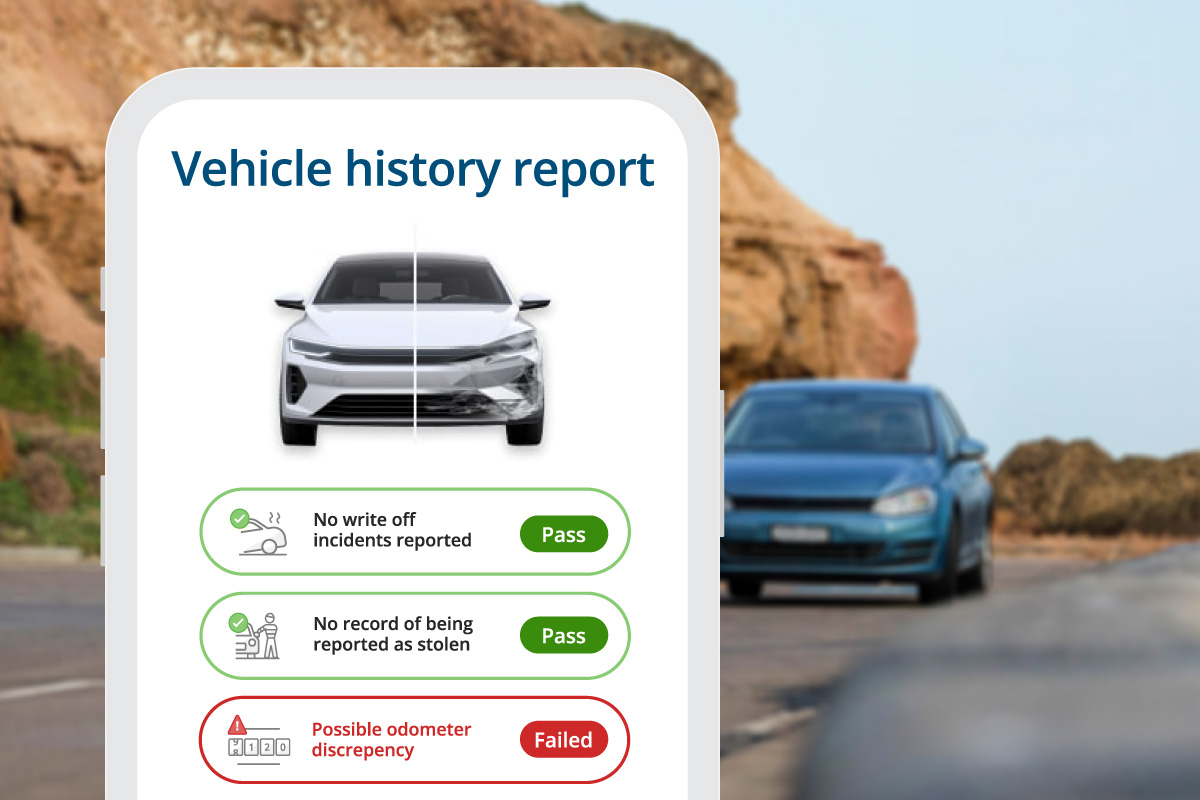Top 5 Best Vehicle History Lookup Tools To Use Before Buying A Used Car
When buying a used car, knowing its past is just as important as checking its current condition. Vehicle history lookup tools help you uncover details like accident records, title status, previous owners, odometer readings, and more. With so many options available, it can be overwhelming to figure out which one is worth your time and money.
To make things easier, I’ve ranked the Top 5 Best Vehicle History Lookup Tools in the USA.
1
BEST OVERALL

Bumper.com – Best Overall Choice
Bumper.com is widely considered the best option for vehicle history lookups thanks to its balance of affordability, detail, and ease of use. It pulls data from reliable sources like DMVs, insurance companies, and industry databases to provide a complete picture of a vehicle’s past.
Beyond the basics like accident and title history, Bumper also provides market value estimates, ownership costs, and even theft records. With its mobile app and subscription model, it’s a tool designed for serious buyers and sellers who want access to multiple reports without overspending.
Pros
Cons
Rating
9.8/10
2
EXCELLENT

BeenVerified.com – Best for Extra Background Checks
BeenVerified goes beyond vehicle history reports, offering a full suite of background search tools that include people, phone numbers, emails, and property records. Its vehicle reports include accident history, ownership records, salvage titles, recalls, and market values.
While it doesn’t specialize solely in cars, it’s incredibly useful for buyers who also want to learn more about the person selling the vehicle. This all-in-one approach makes it a solid choice for cautious buyers who want peace of mind on both the car and the seller.
Pros
Cons
Rating
9.6/10
3
POPULAR

Carfax – Best for Dealer-Supported Reports
Carfax is probably the most recognized name in vehicle history reports and is trusted by dealerships across the country. Many sellers provide free Carfax reports to attract buyers, which speaks to its credibility.
The reports are thorough, covering accident records, mileage verification, title problems, and service history. The biggest downside is its cost—unlike subscription-based platforms, you pay per report, which can quickly add up if you’re comparing multiple vehicles.
Pros
Cons
Rating
9.3/10
4
GOOD

AutoCheck – Best for Auction & Resale Insights
AutoCheck, owned by Experian, is a top choice for buyers who want insight into a vehicle’s auction and resale history. It provides a unique AutoCheck Score, which works like a credit score for cars, making it easier to compare vehicles side by side.
The reports also highlight whether a car has been sold at auctions or flagged for major events. While its service history may not be as detailed as Carfax, AutoCheck is more affordable and shines in areas like wholesale and resale evaluation.
Pros
Cons
Rating
9.1/10
5
GOOD OPTION

EpicVIN – Another Good Option
EpicVIN may not have the brand recognition of Carfax or AutoCheck, but it delivers solid reports at a much lower price. It is NMVTIS-approved, which means its title and odometer data comes from a trusted federal database.
EpicVIN reports include accident checks, recalls, and ownership history, giving you the essential details without unnecessary extras. For budget-conscious buyers, it’s a reliable way to get accurate information without breaking the bank.
Pros
Cons
Rating
8.8/10
Things to Check in a Vehicle History Report Before Buying a Used Car

A vehicle history report is like a car’s medical record—it tells you everything that has happened in its past. But just having the report isn’t enough; you need to know what to look for. Here are the most important things to check before making a purchase decision:
1. Accident History
Look for details on past accidents, including the severity of the damage. Minor fender-benders may not be a deal breaker, but cars with major structural damage or airbag deployments could have long-term issues.
Tip: Be cautious if the car has a history of multiple accidents or repairs in the same area.
2. Title Status
The title shows the legal status of the vehicle. A “clean title” means it hasn’t been declared a total loss. Watch out for:
Salvage title – car was declared a total loss by an insurance company.
Rebuilt title – car was repaired after being totaled.
Flood title – car suffered water damage, often leading to hidden electrical issues.
Tip: Always prioritize cars with a clean title for safety and resale value.
3. Odometer Readings
Check that the mileage makes sense for the car’s age and matches service records. Big jumps or resets in the reading could signal odometer fraud.
Tip: Average cars in the U.S. add about 12,000–15,000 miles per year. Anything way off may need explanation.
4. Ownership History
Knowing how many people owned the car and for how long helps reveal its story. A car with multiple short-term owners might indicate recurring problems, while a single long-term owner usually signals consistent care.
Tip: Pay attention to whether the car was used as a rental, fleet, or taxi vehicle since those tend to have higher wear and tear.
5. Service & Maintenance Records
Regular oil changes, tire rotations, and maintenance entries are good signs of responsible ownership. Missing records could mean neglect, which often leads to expensive repairs later.
Tip: Cars with documented service history generally hold value better.
6. Recall Information
Reports often show if a vehicle has any outstanding recalls. Recalls can be fixed for free at a dealership, but unfixed recalls may indicate poor upkeep by the previous owner.
Tip: Always check that major recalls—like airbag or brake issues—have been resolved.
7. Theft & Recovery Records
Some reports flag vehicles that were stolen and later recovered. While it doesn’t always mean problems, stolen cars may have been stripped or tampered with.
Tip: If a car has theft records, inspect it carefully before buying.
8. Market Value & Resale Potential
Many tools (like Bumper and AutoCheck) give you a market value estimate based on similar vehicles. This helps you avoid overpaying and gives insight into future resale value.
Tip: Compare the listed price with the report’s suggested value range before negotiating.
Final Word on Checking Reports
A vehicle history report isn’t just paperwork—it’s your protection against buying a “lemon.” By carefully reviewing accidents, titles, mileage, service history, and recalls, you can confidently decide whether the car is worth your money. Combine the report with a mechanical inspection from a trusted mechanic for the best protection.
